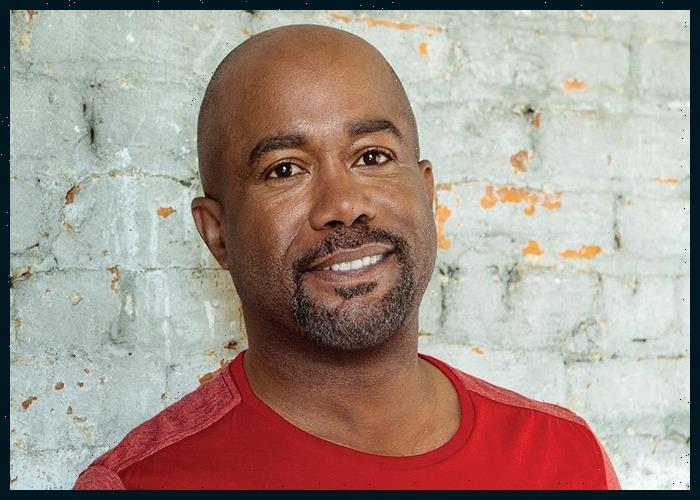Lord Frost gives update on UK’s participation in Horizon Europe
We use your sign-up to provide content in ways you’ve consented to and to improve our understanding of you. This may include adverts from us and 3rd parties based on our understanding. You can unsubscribe at any time. More info
The European Research Council (ERC) had promised 150 UK-based applicants Starting, Consolidator and Advanced grants under the 2021 work programme for Horizon Europe. Those who were promised grants have been told they must move to the EU, or a Horizon-associated country, within two months or else be replaced by other applicants. The ERC is the bloc’s main funding agency for basic research and is a part of the Horizon Europe budget.
Horizon Europe is an £80billion research and development (R&D) project which Britain was promised it could participate in.
The UK was supposed to contribute £15billion over a seven-year period as part of its associated member status.
But the EU snubbed the UK and has blocked it from participating in the project until Brexit negotiations get smoothed over.
This means UK researchers risk losing access to the huge pool of funding if Brexit disagreements can’t be ironed out.
The ban also means British scientists are less able to strike partnerships with European collaborators, with the science community arguing that the delay is damaging British science minute by minute.


Despite the ban, the EU still appeared to be offering the 150 applicants grants under Horizon’s 2021 work programme, which need to be signed by December 2022.
But the ERC has warned it will replace these UK-based researchers if they do not move to an EU or Horizon-associated country.
An ERC spokesperson said it will have to “reach a bit deeper” into the back-up lists, adding that “we are not going to fund bad proposals because of this”.
The latest decision marks the expected turmoil that Britain’s delayed participation brought to EU-UK relations.
While research stakeholders expected these kinds of obstacles would come up if no solution was brought about to the ban, the ongoing feud has dragged on longer than many expected.

Thomas Jørgensen, director of policy coordination and foresight at the European University Association (EUA), said: “It’s surprising we came to this point.”
He added: “[The Horizon] part of EU-UK relations is frozen. On the other hand, there is no communication on why.”
The UK had come up with a grant system of its own though, pledging that those who are denied EU grants can still receive back-up funding from the Government.
UK based ERC grantees may be able to soften the EU blow by signing up to the UK’s financial guarantee scheme, which was set up exactly for this reason.
Britain has also been planning for the potential eventuality of being permanently excluded from Horizon Europe, which may happen if Foreign Secretary Liz Truss can’t reach a deal with EU negotiators.
DON’T MISS
UK scientists analyse secrets of Putin’s prized fighter jet [REPORT]
Experts warn to stockpike SEAWEED to slash impact of Russian nuke [INSIGHT]
Energy crisis: Sunak tipped to scrap £153 green levy ‘millstone aro… [REVEAL]


EU Commissioner Mariya Gabriel has made clear that unless the Northern Ireland Protocol gets settled, Britain cannot join.
But Science Minister George Freeman has drafted up a “bold Plan B”, despite admitting participating in Horizon is the preferred option.
This may involve the UK teaming up with its Five Eyes partners (Australia, Canada, New Zealand and the US), as well as Japan and elsewhere, instead of partners in Europe.
Speaking to the Science and Technology Committee several months ago, Mr Freeman even agreed that universities in the US, Australia and Asia are of “better quality” than our European partners.
Mr Freeman has also announced that Britain could partner up with the “science and innovation powerhouse” as part of a £6bn backup plan after a visit to Geneva in February.
Source: Read Full Article


